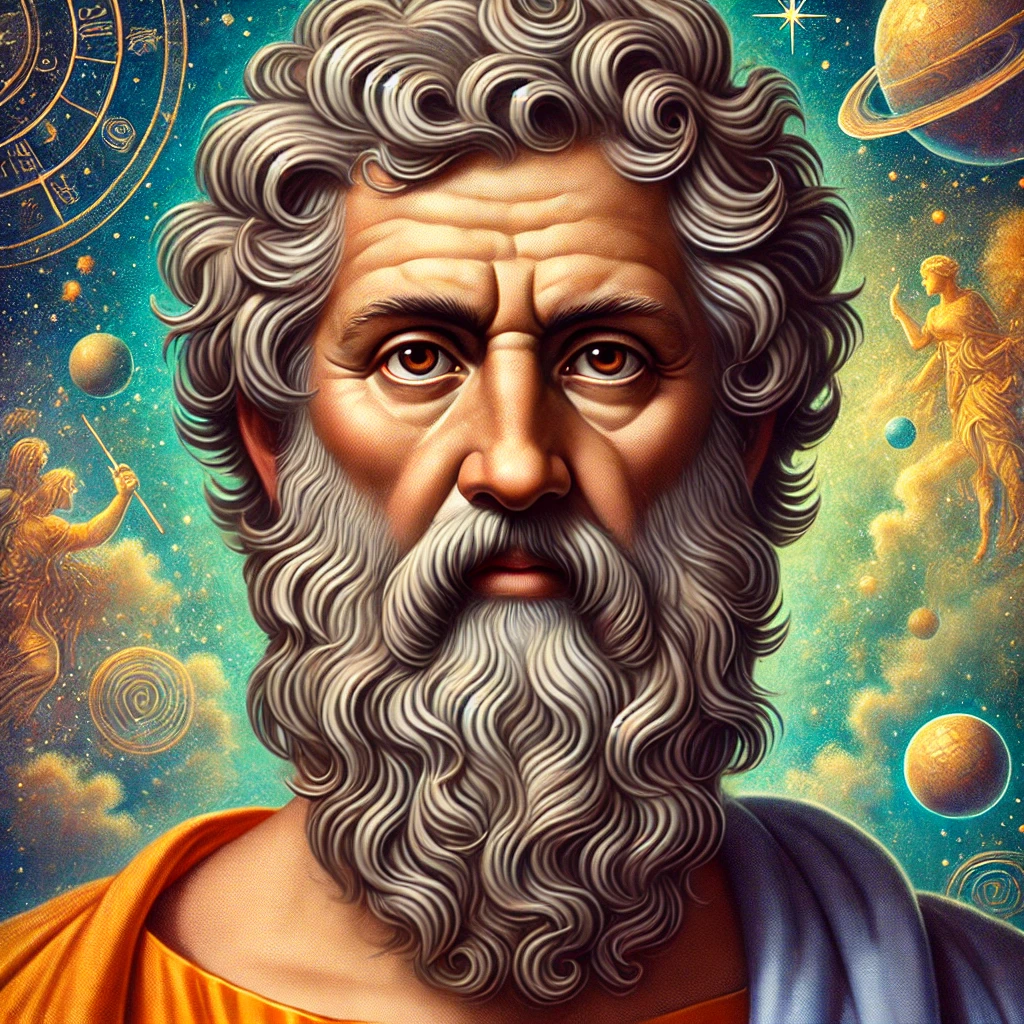Platonism

Place of Origin: Ancient Greece
Century of Origin: Ancient Greece (4th Century BCE)
Associated Philosophers:
Overview of Platonism
Platonism is a philosophy developed by the ancient Greek philosopher Plato. It emphasizes the existence of abstract, eternal truths and ideal forms that exist beyond the physical world. According to Plato, what we perceive in the material world is just a shadow of these perfect forms. For example, a physical chair is an imperfect representation of the 'ideal chair' that exists in the realm of forms. Platonism has greatly influenced Western thought, especially in metaphysics, epistemology, and ethics.
Platonism is built on the idea that two levels of reality exist: the physical world, which is changeable and imperfect, and the world of forms or ideas, which is eternal and perfect. Plato’s Theory of Forms argues that everything in the physical world is a copy or imitation of an ideal form. For instance, every triangle in the physical world is an imperfect version of the ideal, perfect triangle that exists in the world of forms.
In Platonism, knowledge comes from understanding these eternal forms, not from the sensory world. Plato believed that our senses could deceive us because they only show us imperfect representations. True knowledge is gained through reason and intellectual insight, as illustrated in Plato’s 'Allegory of the Cave,' where prisoners mistake shadows for reality until one of them escapes and sees the real world (the world of forms).
Platonism teaches that ethical behavior comes from understanding the forms, particularly the form of the Good, which is the highest and most important form. Plato believed that by understanding the form of the Good, a person can lead a virtuous and just life. Ethical actions, in Platonism, are those that reflect the higher ideals.
Platonism uses logic and reasoning as tools to understand the forms. Plato believed that through dialectic (a method of conversation and questioning), individuals could arrive at a deeper understanding of reality. This logical method is about engaging in philosophical discussions to uncover truths about the forms, often using Socratic questioning to clarify understanding and expose contradictions.
Plato’s view on aesthetics is connected to his theory of forms. He believed that true beauty exists in the realm of forms and that physical beauty is only a reflection of this higher, perfect beauty. In his philosophy, art that imitates nature can be deceptive because it is an imitation of an imitation (the physical world imitating the forms).
Platonism uses a dialectical method, a form of conversation and questioning to explore philosophical ideas and uncover deeper truths about the forms. Plato’s dialogues often feature Socratic questioning, where one person asks probing questions to challenge assumptions and expose contradictions. This method is used to strip away ignorance and lead individuals toward a greater understanding of the eternal forms, especially the form of the Good.
Platonism sees humans as possessing both a physical body and an immortal soul. The soul, according to Plato, is connected to the world of forms and is capable of grasping eternal truths. The body, however, is part of the physical world and can distract the soul from gaining true knowledge. Plato believed that through philosophical contemplation, humans could connect with the higher truths of the world of forms.
Plato’s political philosophy is best outlined in his work The Republic, where he discusses the idea of a just society. He argues that society should be ruled by philosopher-kings—individuals who understand the form of the Good and are best suited to govern. Plato advocated for a hierarchical society where individuals would fulfill roles suited to their abilities and knowledge.
Platonism originated with Plato, a student of Socrates, in ancient Greece around the 4th century BCE. His philosophy laid the foundation for much of Western thought, influencing fields like metaphysics, epistemology, and ethics. Platonism continued to evolve through the works of later philosophers, including Plotinus, who developed Neoplatonism, and Christian thinkers like Augustine.
Key themes in Platonism include the distinction between the world of forms and the material world, the importance of reason over the senses, the search for truth through dialectic, and the idea that true knowledge is knowledge of the forms.
The most notable philosopher of Platonism is Plato himself. Later Platonists include Plotinus, the founder of Neoplatonism, and early Christian philosophers like Augustine, who incorporated Platonic ideas into Christian theology.






